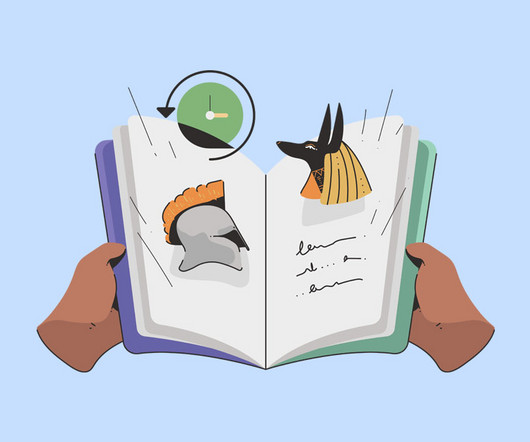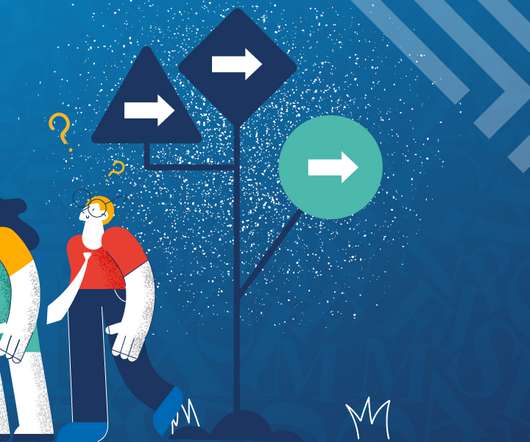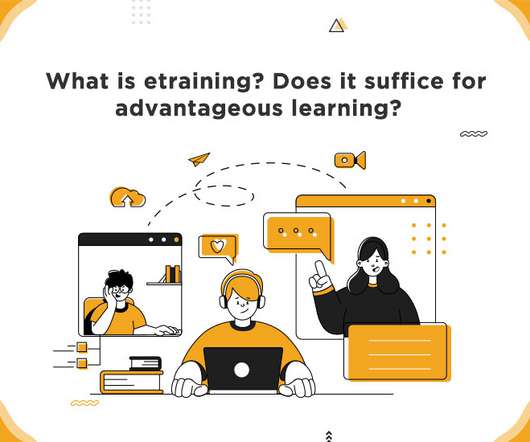Cognitive Learning: How to Use It, Benefits and Examples
Academy of Mine
NOVEMBER 15, 2020
Cognitive Learning Theory is a useful theory for looking at education in a modern way, which focuses not just on the student’s ability to repeat the information they have been taught, but instead asks why and how a student was able to learn, and what their innate mental processes and previous life experiences had to do with that learning.
















































Let's personalize your content